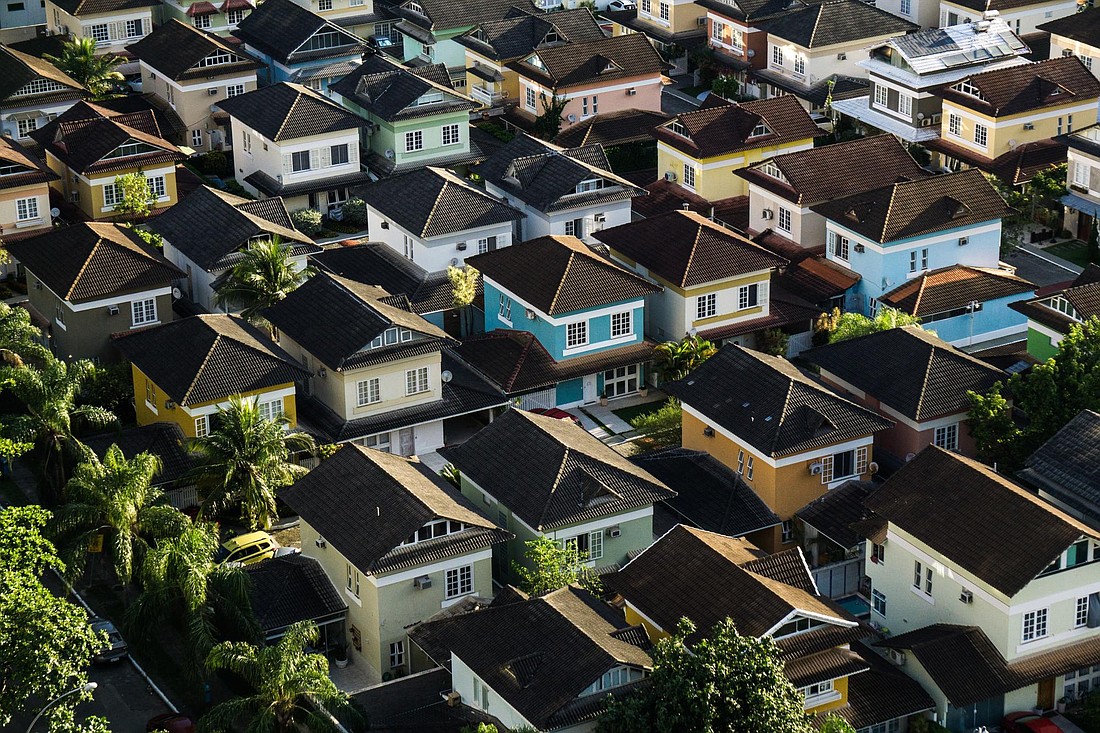- April 5, 2025
-
-
Loading

Loading

A bipartisan affordable housing plan passed by Florida’s Legislature and intended to provide $711 million in funding for housing programs aimed, in part, at increasing the availability of housing and providing down payment assistance was signed into law by Gov. Ron DeSantis on Wednesday.
SB 102, referred to as the Live Local Act, nearly doubles the money provided to the housing programs last year according to a statement from the governor’s office. That previous amount, the governor’s office says, was the “highest investment” in the past 15 years.
The legislation, which won final approval from the House on March 24, was passed with overwhelming bipartisan support. The Senate passed it unanimously March 8, and the House passed it 103-6, with 10 members abstaining.
But the legislation comes with some concerns for affordable housing advocates. The new law, which goes into effect July 1, stipulates that municipalities in the state can’t pass rent control measures, which some affordable housing advocates see as a means to protect residents from rising rents and predatory landlords. And it also authorizes for the governor “to approve state or local public infrastructure projects to facilitate the development or construction of affordable housing.”
Despite these possible roadblocks, the money for the programs comes at a time when affordable housing has become a misnomer in Florida as home prices and rents continue to rise due to a lack of inventory and population growth. These rising prices are forcing some longtime residents to move in favor of newcomers. Localities have been particularly worried that the workers residents depend on — teachers, members of law enforcement and other municipal employees — are being pushed out.
Senate President Kathleen Passidomo, R-Naples, says in the statement that her city has long dealt with the problem.
“When I moved here to Naples almost 43 years ago, the community was talking about the lack of housing for our workers,” she says. “It was a problem then and remains a persistent problem in many areas of our state — that changes today.”
The $711 million approved in SB 102 will go to the Florida Housing and Finance Corporation for it “to create or build upon housing programs.”
This includes: